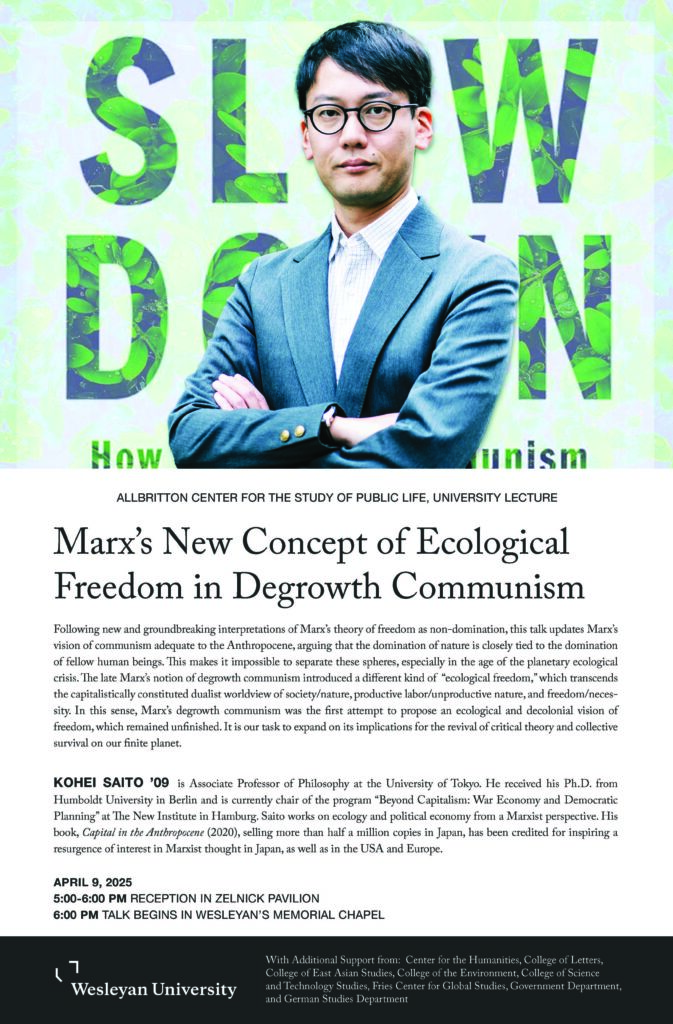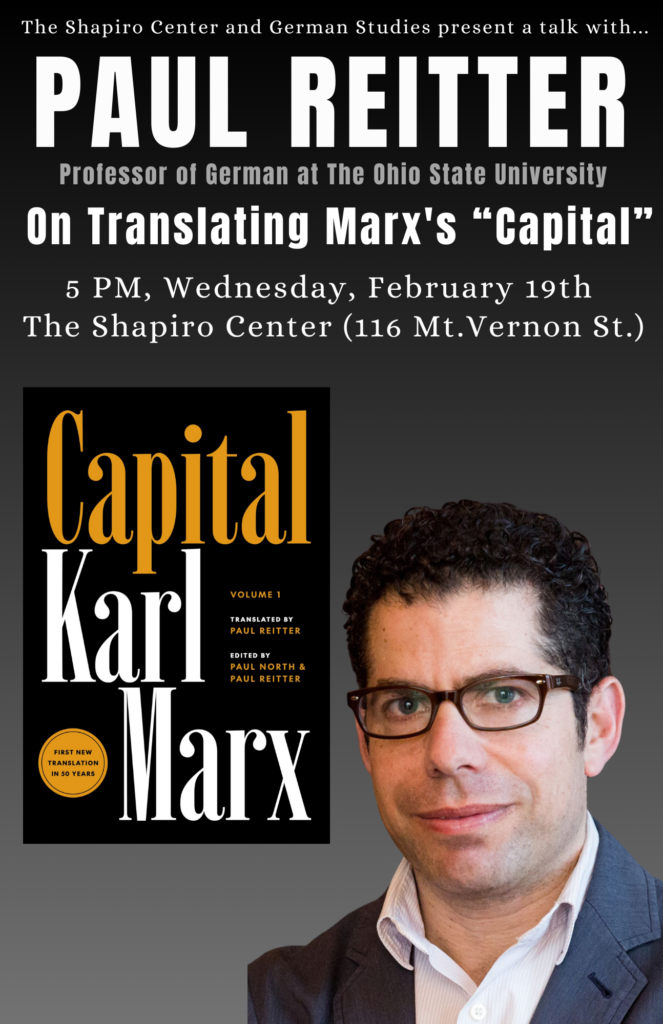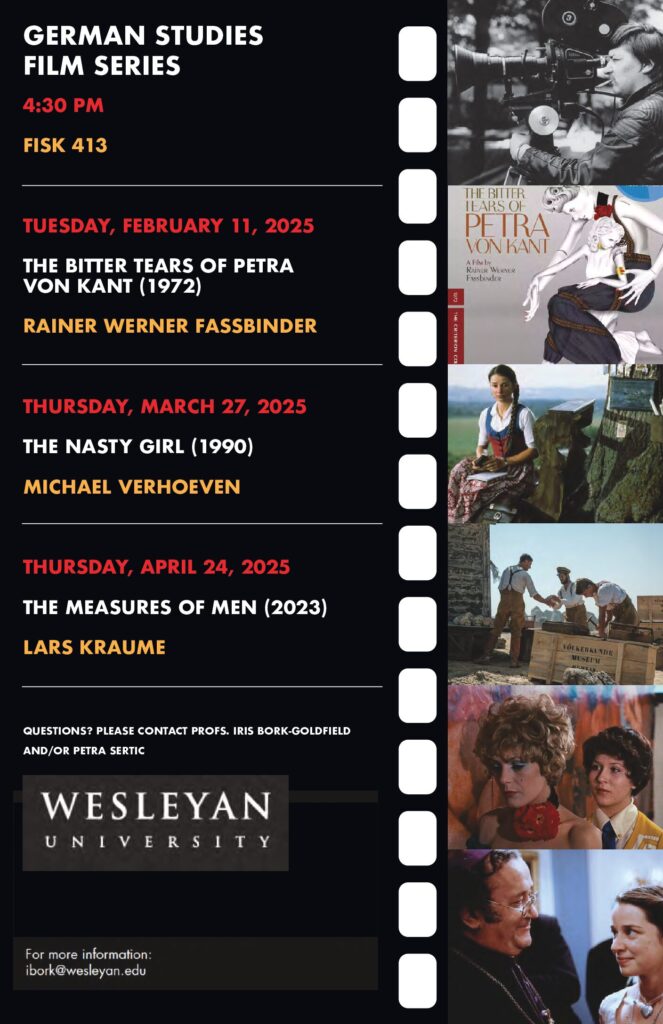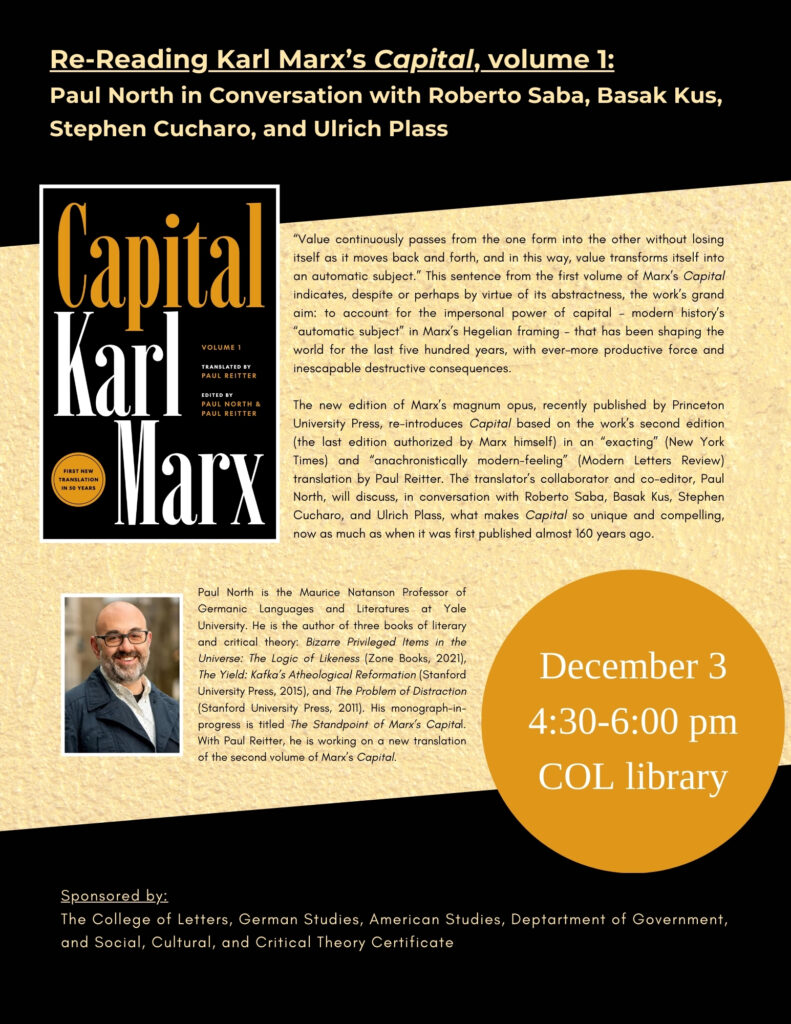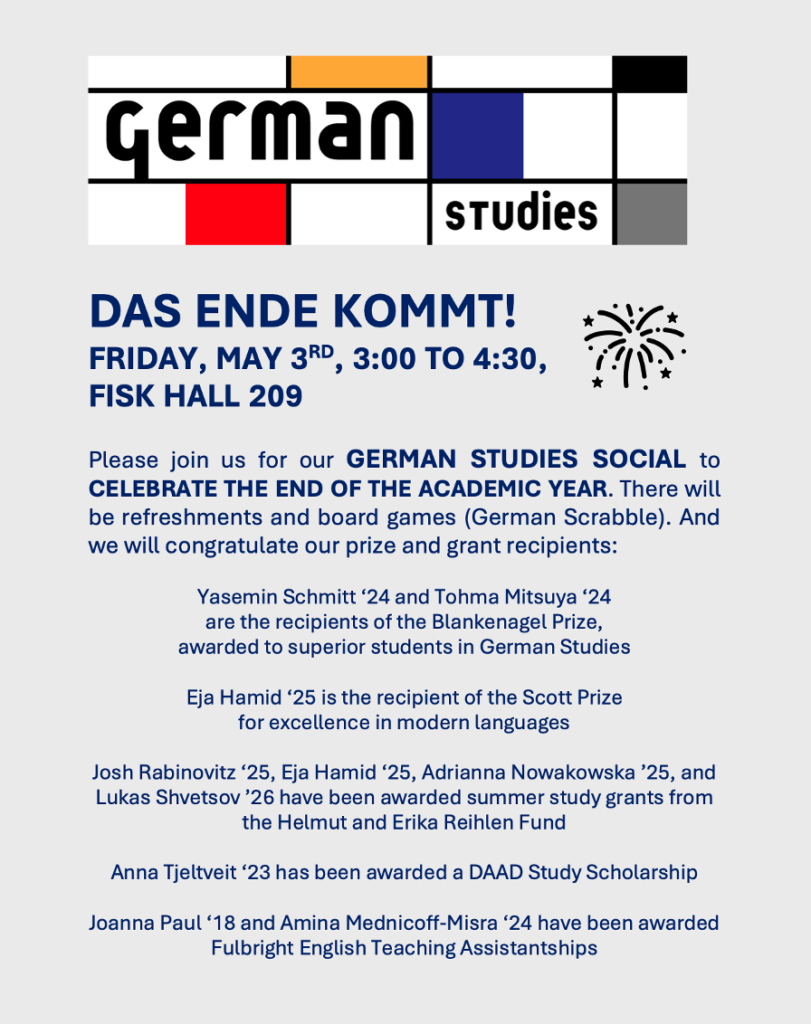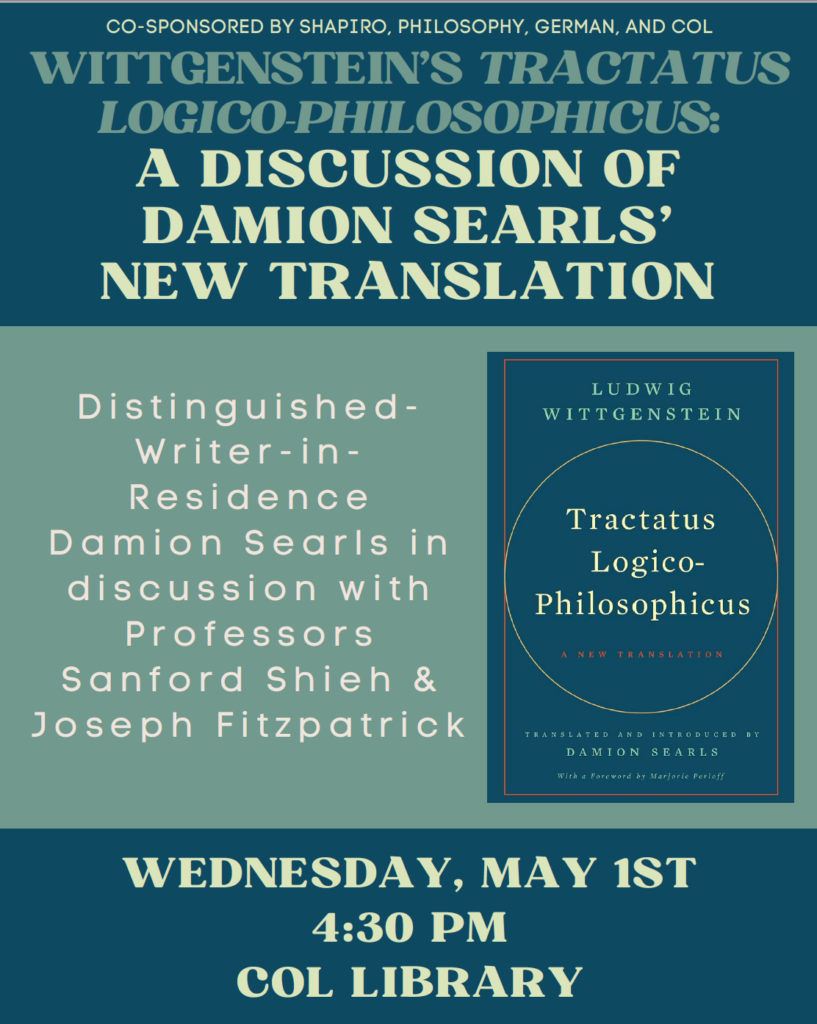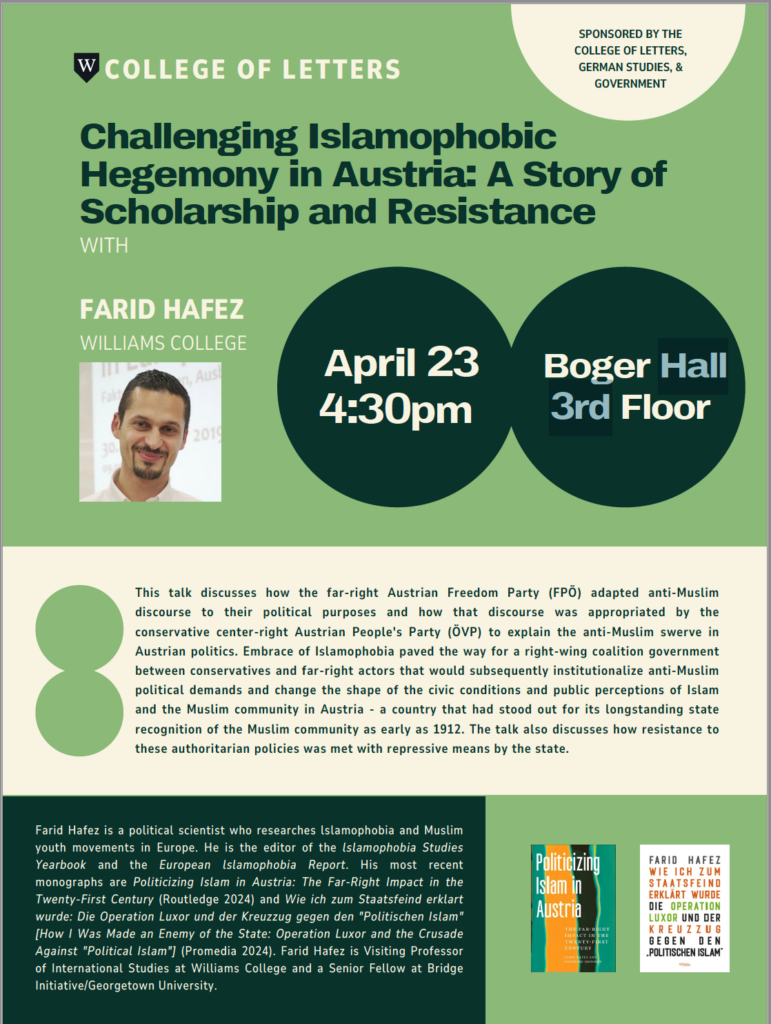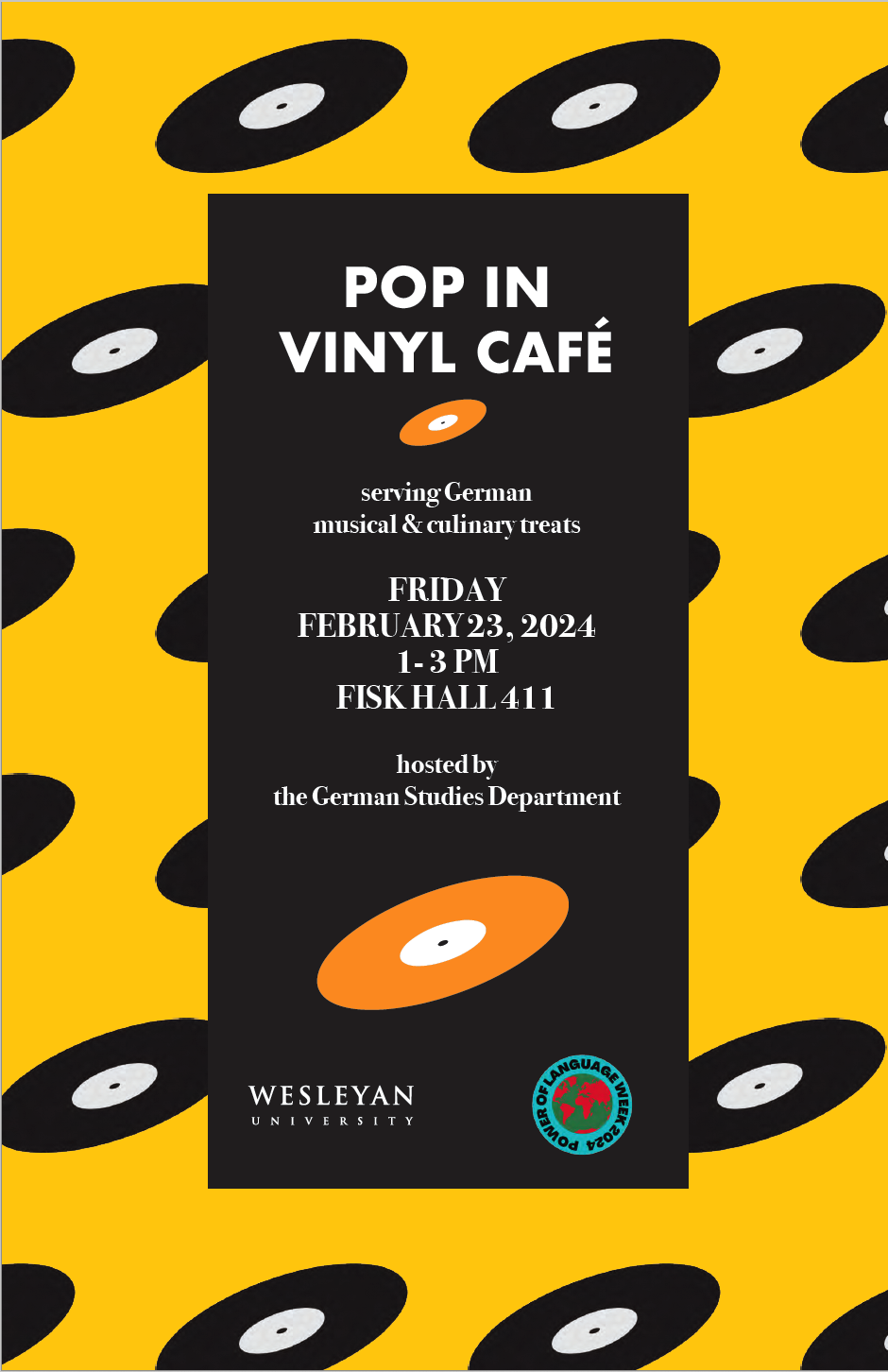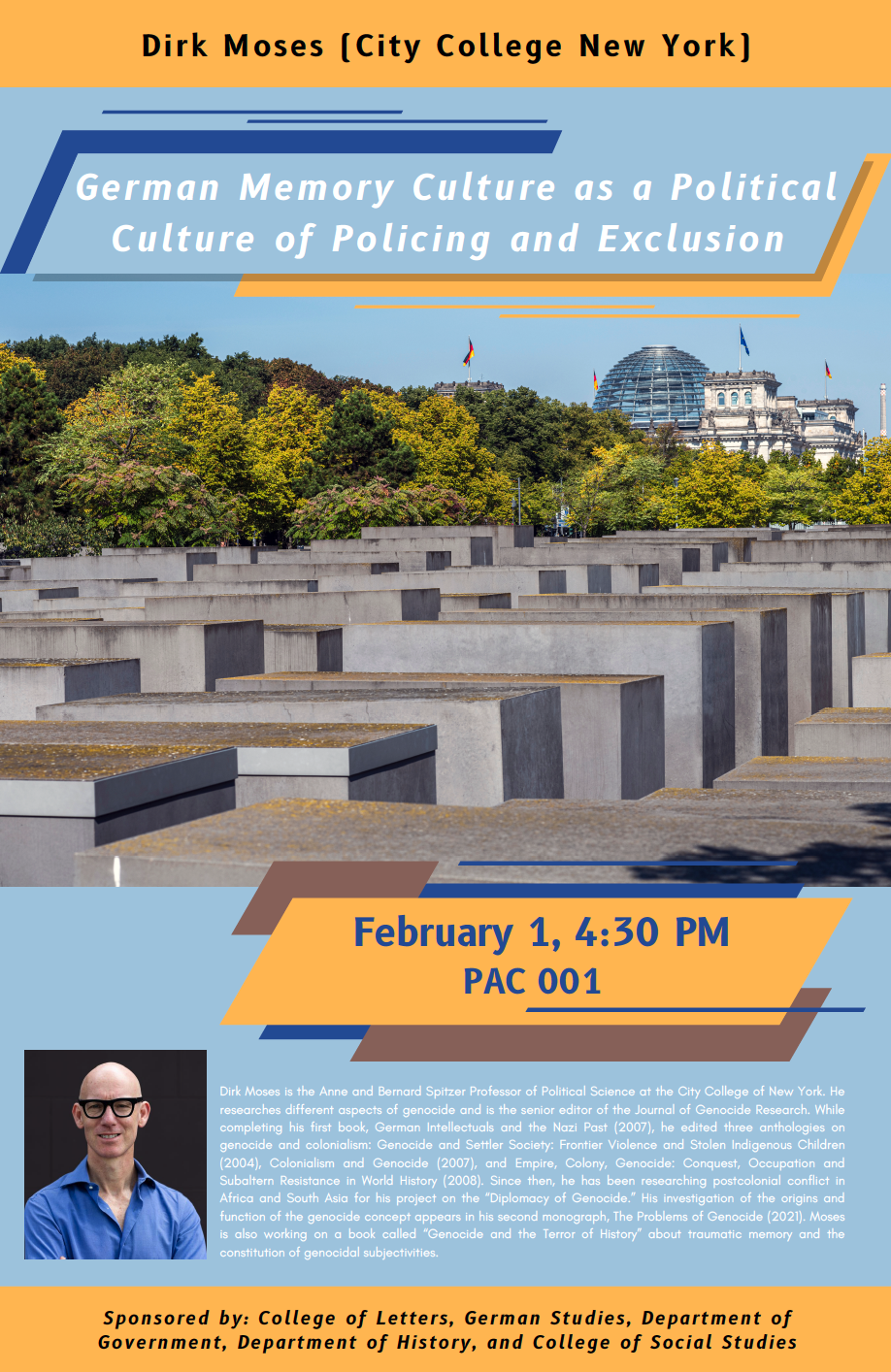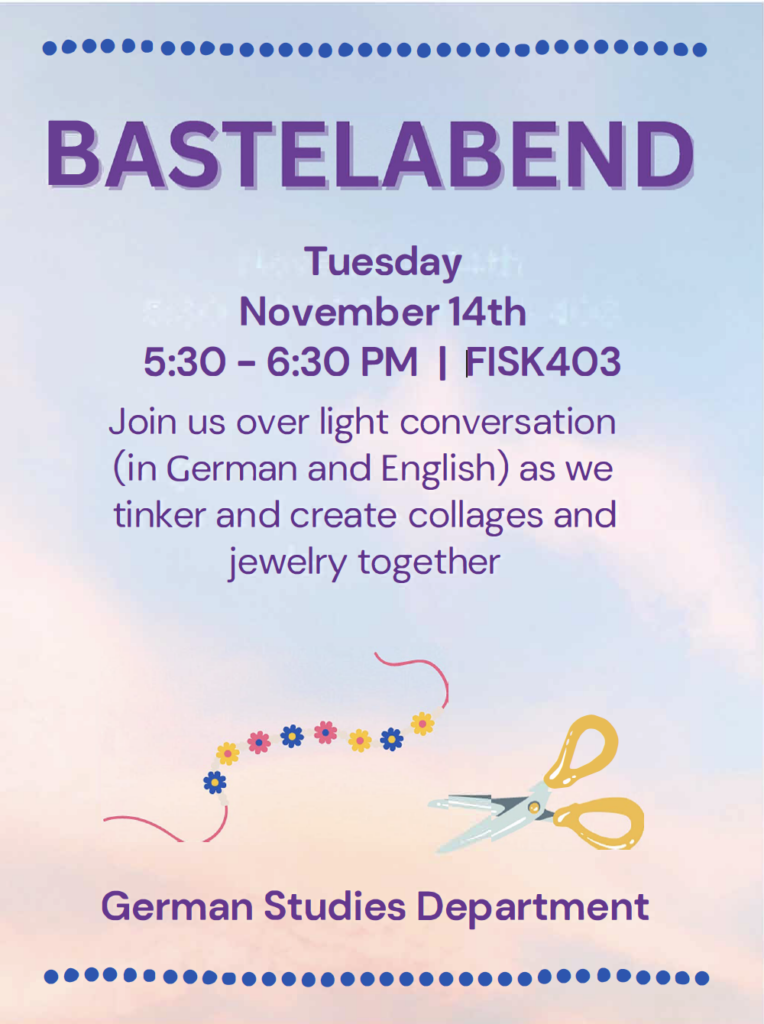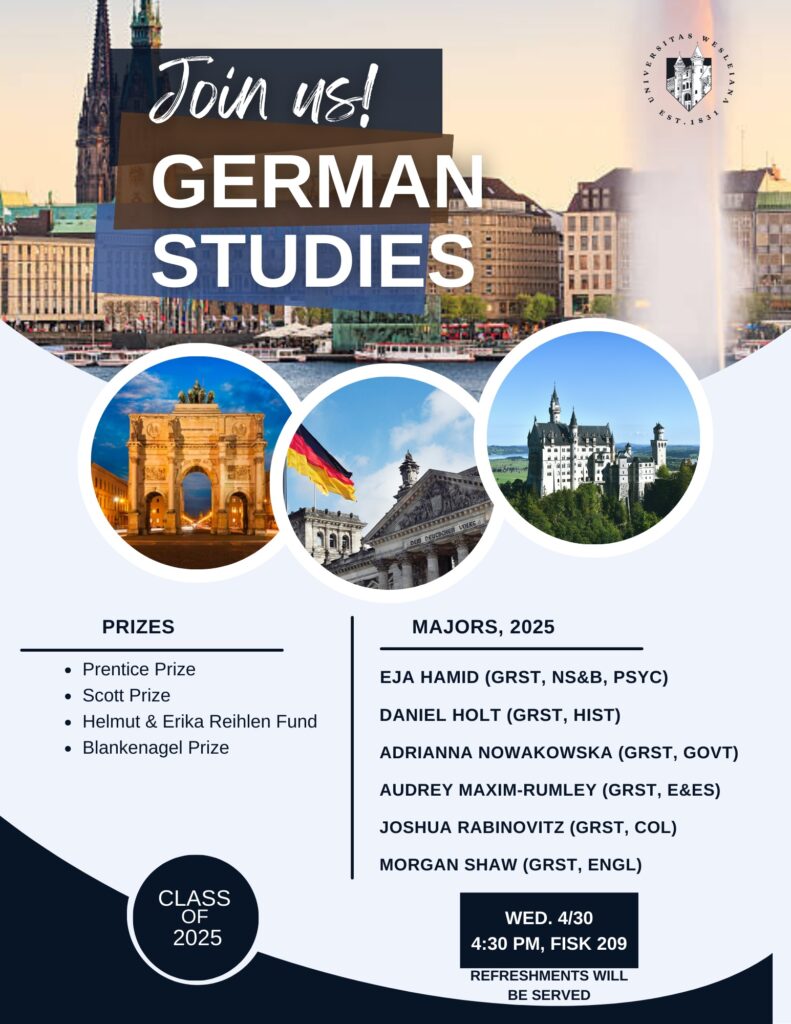
Events
Theater as Political Intervention? Seminar with Matthias Rothe (U Minnesota)
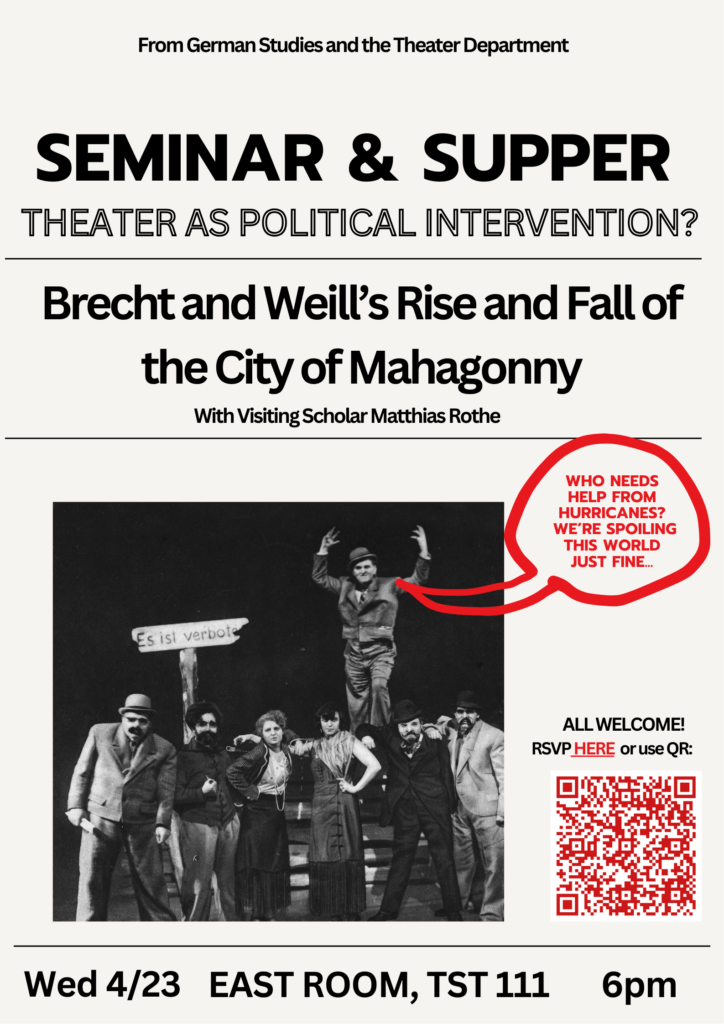
The premiere of Bertolt Brecht and Kurt Weill’s Rise and Fall of the City of Mahagonny in 1930 in Leipzig, Germany, at a time of heightened political tensions and National Socialism on the rise, turned into one of Germany’s biggest theater scandals. It was interrupted by brawls and outrage; it became the subject of discussion in parliament and had extensive nationwide press coverage. In a nutshell: A small group of left theater makers had successfully staged a political intervention. Which strategies and forms of collaboration did those involved – musicians, directors, stage designers, actors– pursue to make this happen? And most importantly, what did they want to make imaginable by their collaborative work on rehearsal and performance? What utopian potential did they seek to unlock? Matthias Rothe investigates these questions in his recent book Tropen des Kollektiven (Tropes of Collectivity). You are invited to join a seminar with him, exploring – with the example of Mahagonny – the power and limits of political theater at the end of the Weimar Republic and its lessons for today.
Matthias Rothe is Associate Professor of German Studies and Philosophy at the University of Minnesota, Twin Cities. He works on modern German literature, Avantgarde Theater, and Marxism, among other topics. Recent publications include: “Economic Psychos: Volker Braun’s Das ungezwungene Leben Kasts after Bret Easton Ellis”, in Text und Kritik 55 (2023); “‘Roundheads and Pointed Heads or the End of Avant-Garde”, in Brecht Yearbook 48 (2023); and his book Tropen des Kollektiven [Tropes of Collectivity], published by Theater der Zeit in 2024.
Click here for RSVP. The readings can be found here.
A Survivor’s Story
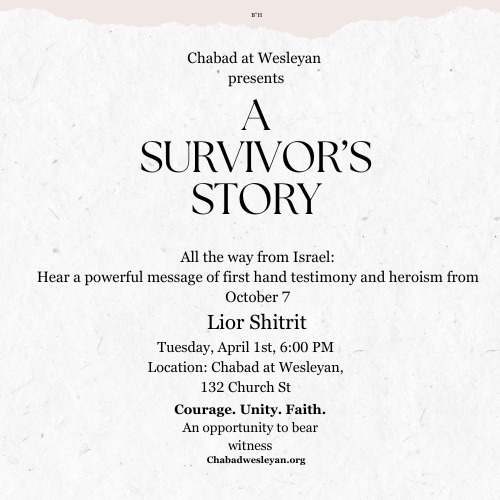
To RSVP, please use this link: https://docs.google.com/forms/d/e/1FAIpQLSfmL3kixs4SE4DlLqjySfWEAnRSL8XQsUql0Fa070qFj80TSw/viewform?usp=dialog
Lecture by Patrick Greaney
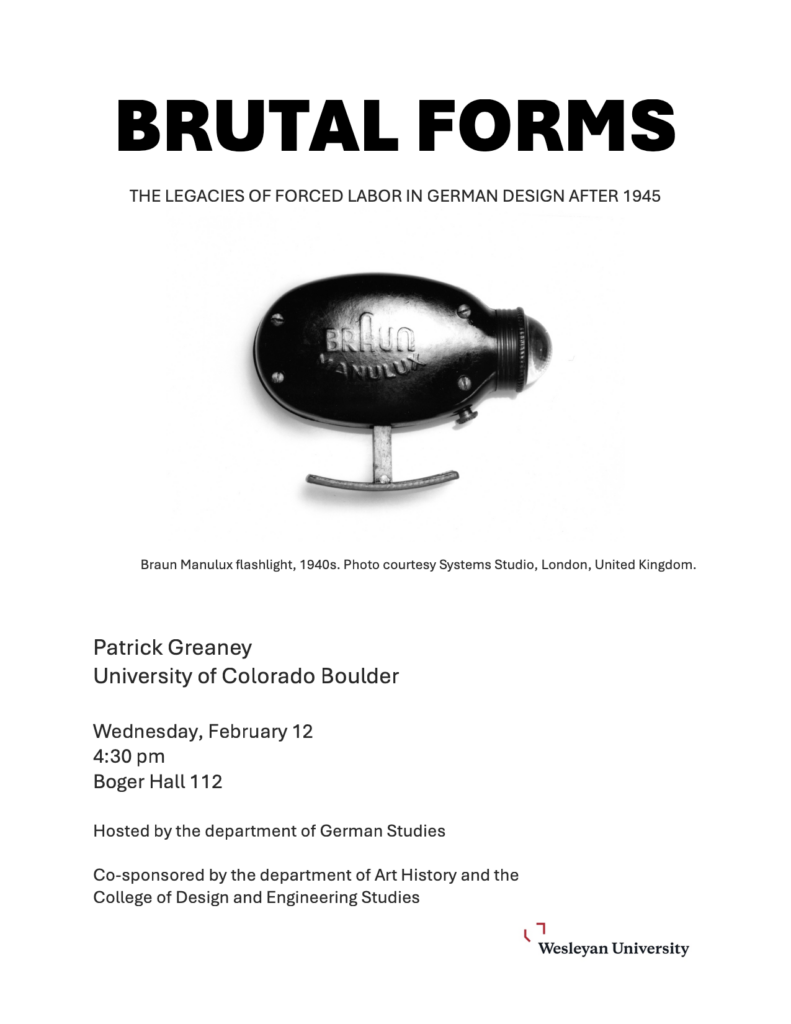
The German company Braun was founded in 1921 and became internationally prominent in the 1950s for its products designed in collaboration with Bauhaus alumni and the Ulm School of Design. Its radios, record players, and household appliances epitomized West Germany’s embrace of functionalism and quickly entered museum collections in Europe and the United States. This talk will examine the origins of Braun’s 1950s product designs in the National Socialist era and consider in particular the company’s indebtedness to forced labor.
Patrick Greaney is Professor of German and Humanities at University of Colorado Boulder. He is the author of Quotational Practices: Repeating the Future in Contemporary Art (2014) and Untimely Beggar: Poverty and Power from Baudelaire to Benjamin (2008). He has edited or co-edited six books, including An Austrian Avant-Garde (2020)and Conceptualism and Other Fictions: The Collected Writings of Eduardo Costa, 1965-2015 (2016), and his most recent literary translations and co-translations are Heimrad Bäcker’s Documentary Poetry (2024) and Carlos Soto Román’s 11 (2023)



